১০ ফাল্গুন ১৪৩২
Conditions on Journalists' Access to Polling Stations Pose Risks: Dr. Iftekharuzzaman
19 September 2025 16:09 PM
NEWS DESK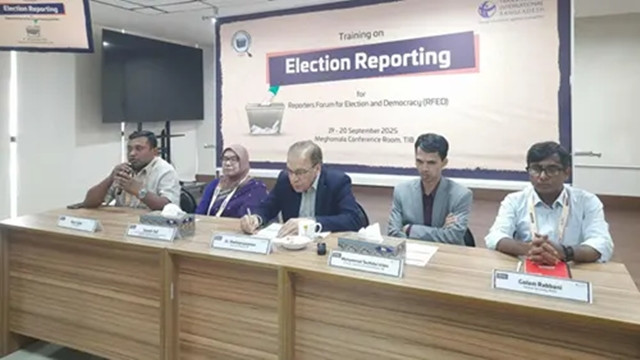
Despite some recent changes to electoral laws and policies, the much-anticipated reforms have yet to materialize, warned Dr. Iftekharuzzaman, Executive Director of Transparency International Bangladesh (TIB). He specifically raised concerns over newly imposed restrictions on journalists’ access to polling stations, calling them a potential threat to electoral transparency.
Speaking at the inauguration of a training workshop on election reporting for journalists on Friday, Dr. Iftekharuzzaman stated, “The condition requiring journalists to notify the presiding officer before collecting information, photos, or videos at polling stations could be used as a tool for harassment.”
The workshop was organized by the Reporters Forum for Election and Democracy (RFED) at the TIB office in Dhanmondi, Dhaka.
Referring to new media guidelines issued by the Election Commission on July 23 ahead of the 13th parliamentary election, Dr. Iftekharuzzaman criticized several clauses that restrict press freedom. The guidelines, he said, appear to reflect lingering efforts from previous governments to control the media, and some of the most controversial provisions have been retained by the current commission.
According to the policy, accredited journalists may enter polling centers only after notifying the presiding officer and may not spend more than 10 minutes inside. Only two journalists may be present at a time, and no live broadcasting or photography inside the secret voting booths is allowed. Additionally, interviewing election officials, agents, or voters inside polling rooms is prohibited.
“These restrictions should be removed,” said Dr. Iftekharuzzaman. “Even if they are not, journalists must continue to fulfill their duties within the bounds of law and policy, through a collective and responsible effort.”
Dr. Iftekharuzzaman noted that the upcoming national election will take place amid a three-way tug-of-war in the administration. “There are currently three active forces within the bureaucracy: a dominant partisan group, a replaced partisan faction, and a small group of professionals striving to remain neutral,” he said.
He emphasized that Bangladesh’s governance system has long been weakened by politicization and institutional erosion. “Professionalism and neutrality in the administration have been compromised, often by replacing one partisan influence with another,” he added.
While acknowledging that some civil servants still strive to work professionally and impartially, Dr. Iftekharuzzaman warned that it is unrealistic to expect a complete overhaul of the administrative machinery overnight. “Stability and professionalism must be built gradually over time,” he said.
Dr. Iftekharuzzaman stressed that in light of these institutional weaknesses, the role of journalists becomes even more critical. “It is your constitutional duty and legal right to report where the law is being enforced, where voters’ rights are being upheld, and where failures are occurring,” he told journalists at the workshop.
He concluded by stating that fair elections are only possible if political parties genuinely want them. Therefore, ensuring the neutrality of observers and media professionals is vital. “If we report objectively and uphold the demand for transparency, we can still create opportunities for fair and impartial elections,” he said.




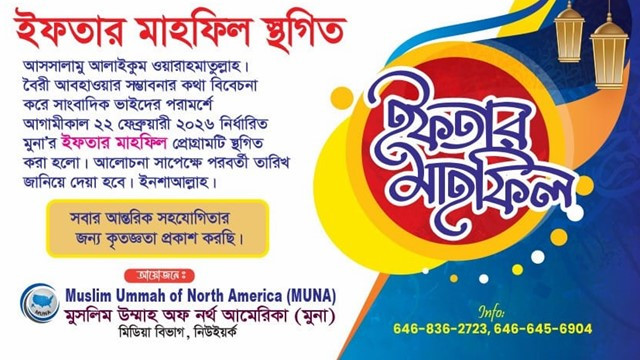
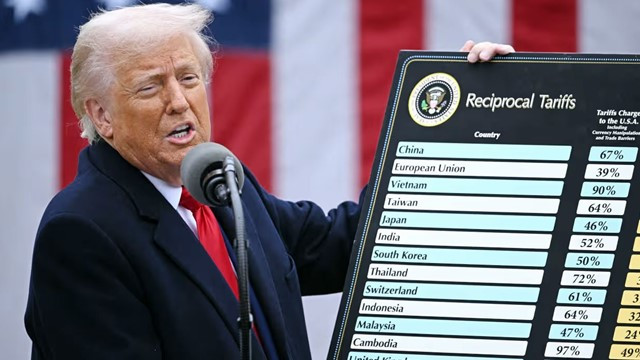
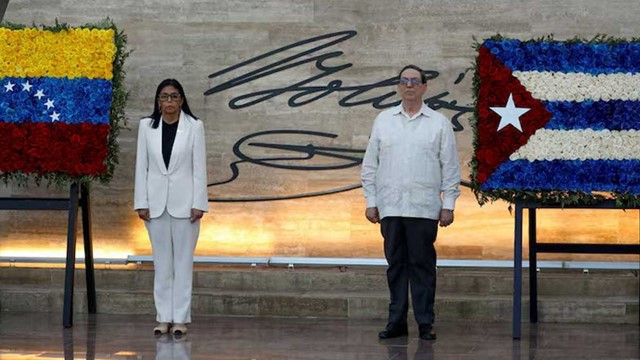
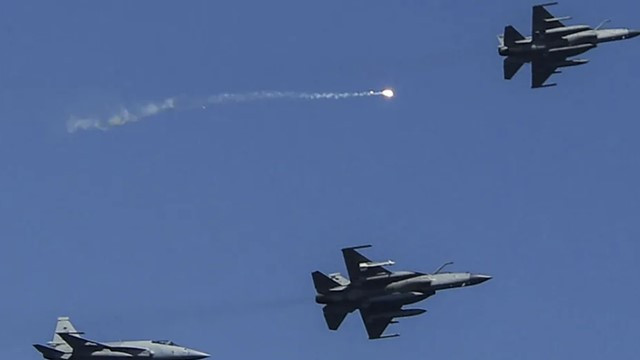
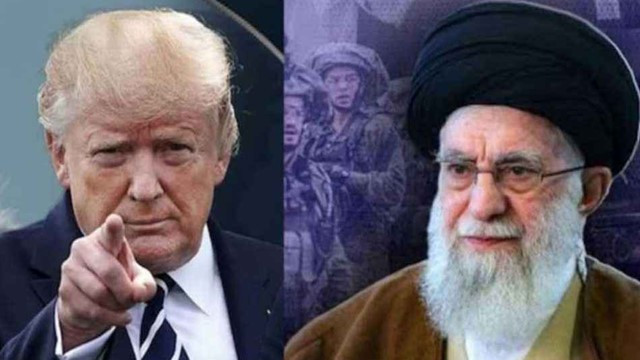
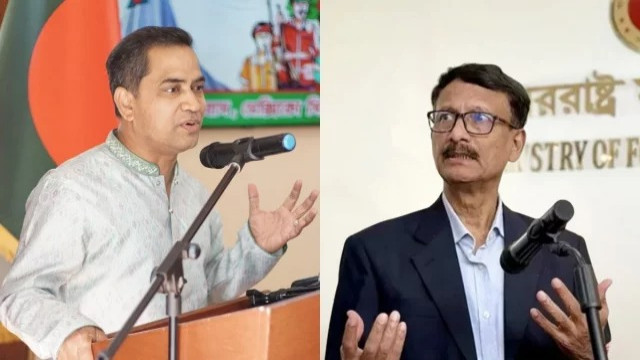
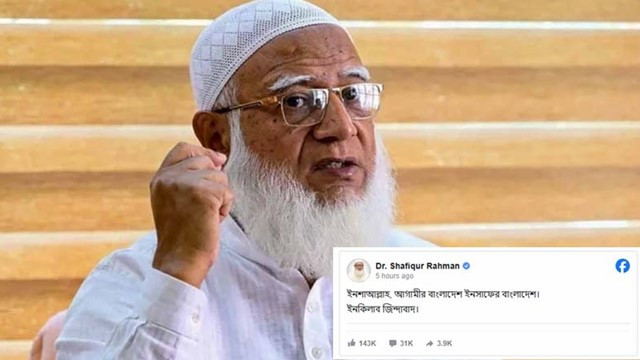

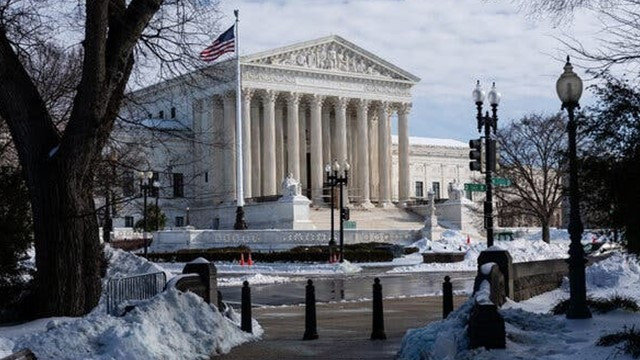
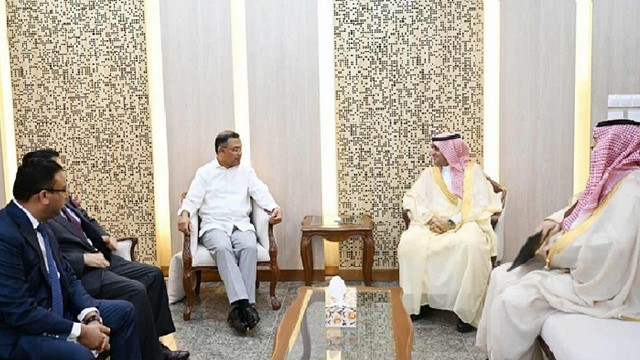
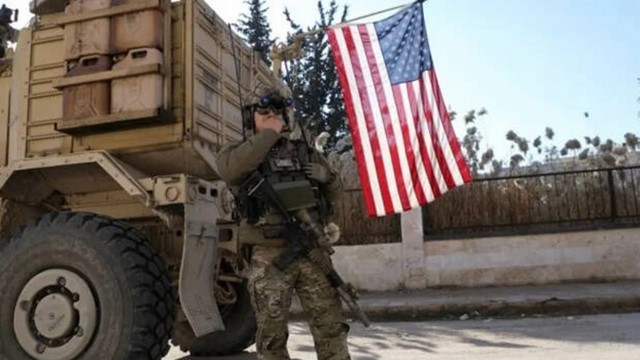
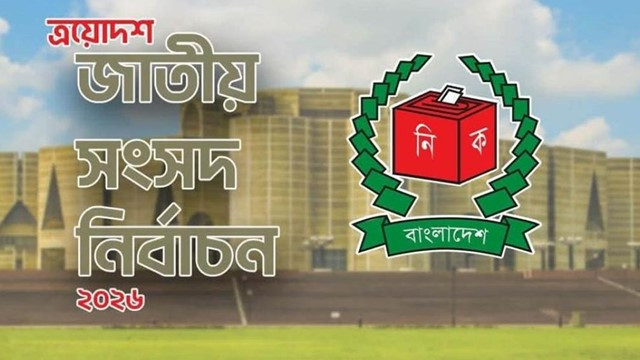
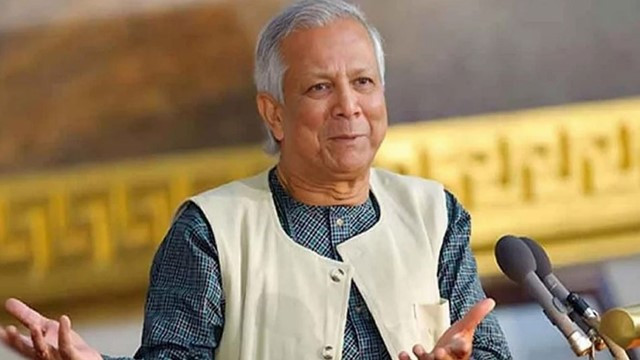
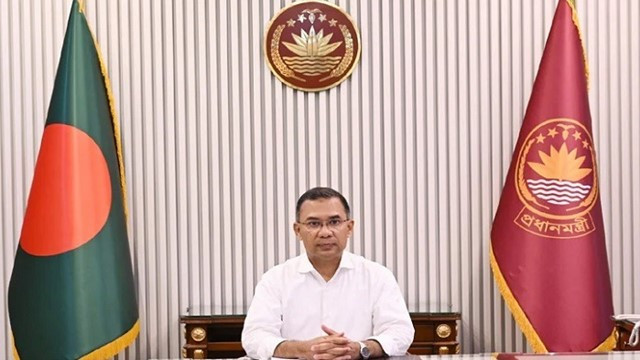
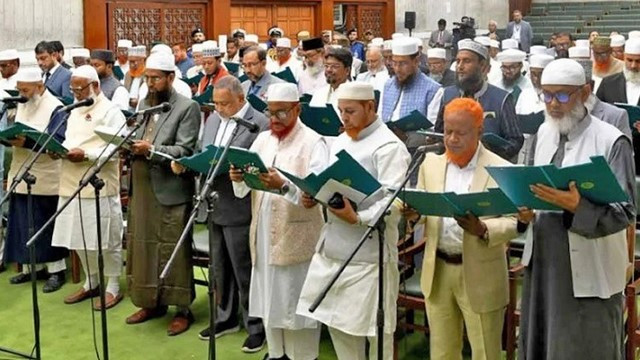
Comments Here: